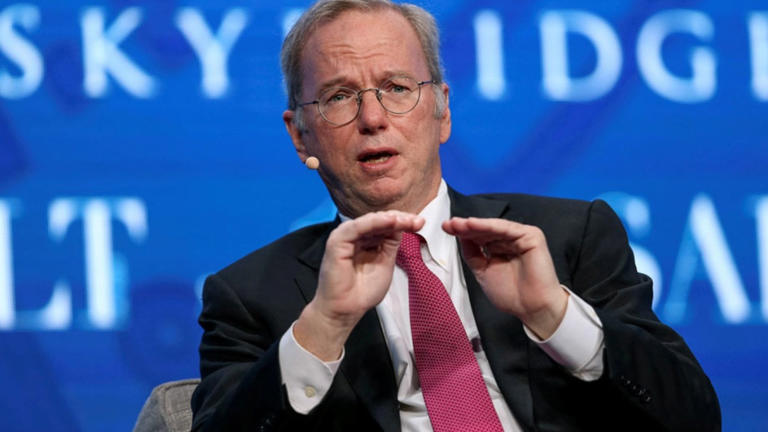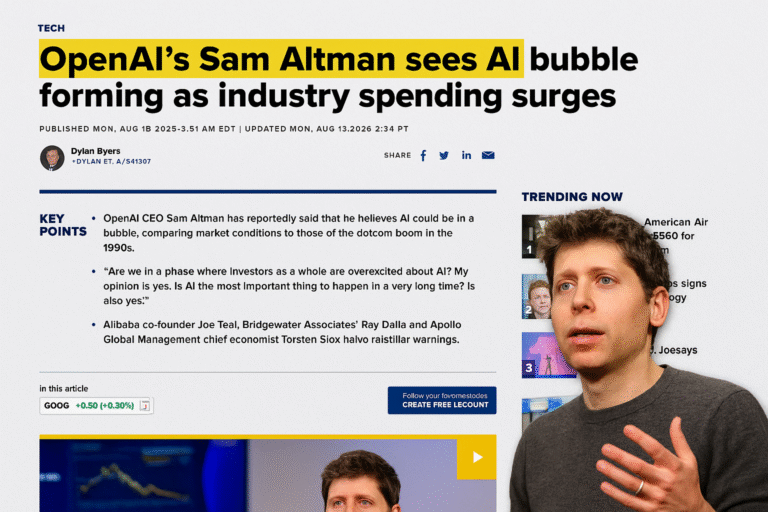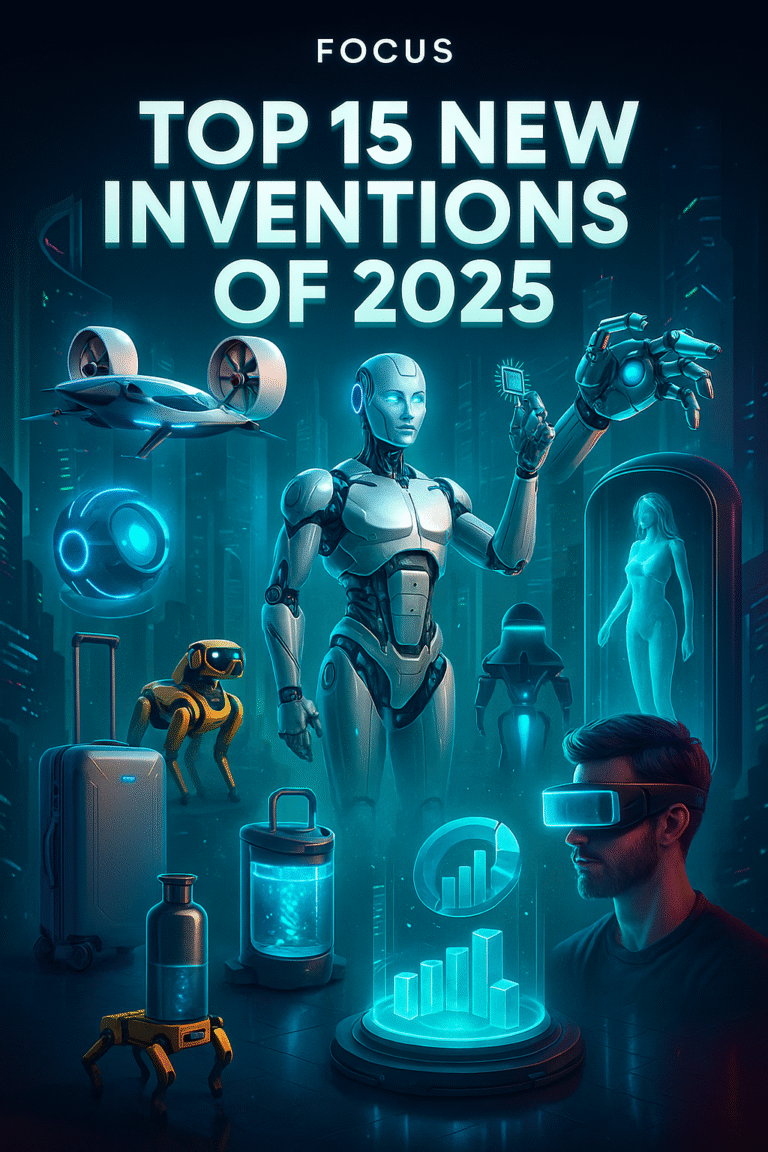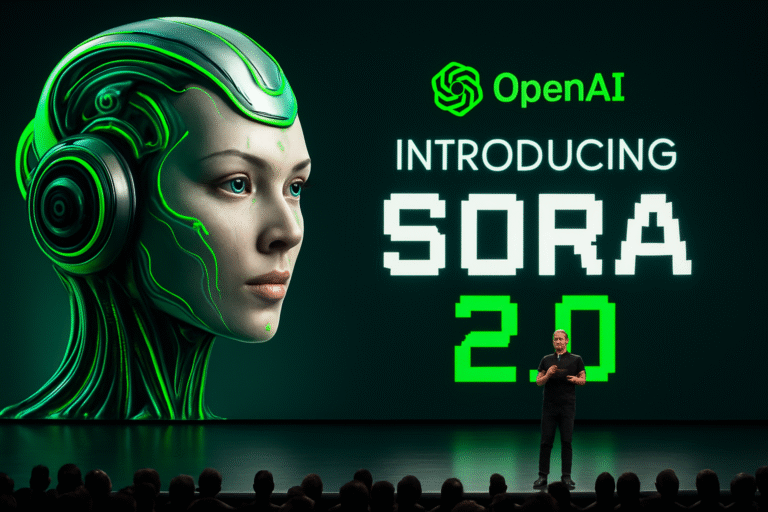
Former Google CEO Eric Schmidt says AI is not a bubble, but a whole new industrial structure
Eric Schmidt Says AI Is Not a Bubble, But a Whole New Industrial Structure
In a world flooded with speculation and hype, former Google CEO Eric Schmidt has boldly stated that AI is not a bubble—it is the foundation of an entirely new industrial structure. As artificial intelligence continues to evolve at lightning speed, it’s important to understand that this isn’t just another tech fad. According to Schmidt, AI is transforming industries, redefining economies, and shaping a new era of innovation.
The AI Boom: More Than Just Hype
Over the last few years, AI has taken center stage across multiple sectors—from healthcare and finance to manufacturing and entertainment. Some critics argue that this rapid growth mirrors previous tech bubbles like the dot-com era. But Eric Schmidt argues otherwise. He believes the current AI surge isn’t inflated speculation; instead, it’s grounded in solid, transformative potential.

“This is not a bubble. This is the beginning of a new industrial age,” Schmidt emphasized during a recent tech summit.
By referring to AI as a new industrial structure, Schmidt places it on the same revolutionary scale as electricity, the internet, and the steam engine.
Why AI Is Not a Bubble
Let’s break down the reasons why AI is not a bubble, according to experts and ongoing real-world applications:
1. Widespread Adoption Across Industries
From AI-powered medical diagnostics to autonomous vehicles, AI is being adopted in practical, high-impact ways. Healthcare systems use machine learning to detect diseases early. Financial institutions use AI for fraud detection. Even agriculture is seeing AI-driven innovations in crop monitoring and predictive analytics.
This widespread, functional use underscores the point: AI is delivering real results, not empty promises.
2. Massive Investments from Governments and Enterprises
Major economies like the United States, China, and the EU have rolled out billion-dollar strategies to lead the AI race. Tech giants—Google, Microsoft, Amazon, OpenAI—are investing heavily in AI research, infrastructure, and deployment.
Such long-term, strategic investments indicate confidence in AI’s lasting value—not the behavior of a short-term bubble.
3. AI’s Role in Economic Transformation
Eric Schmidt emphasized that AI is reshaping the economy, not just enhancing existing systems but creating entirely new markets. Consider the rise of AI-specific roles like prompt engineers, AI ethics consultants, and AI compliance officers. New tools and platforms are being built on top of large language models and neural networks.
It’s a structural shift—not a temporary trend.
What Eric Schmidt Envisions for the AI Future
Schmidt, who served as Google’s CEO from 2001 to 2011, knows firsthand how foundational technologies reshape the world. He likens today’s AI revolution to the early days of the internet.
He warns, however, that with such power comes responsibility.
AI Regulation and Ethics
“Without global cooperation on AI governance,” Schmidt said, “we risk chaos.” He has advocated for global regulatory frameworks, particularly as AI becomes capable of autonomous decision-making.
This ties into ongoing debates about AI ethics, bias, and misuse, reminding us that with every industrial revolution comes the need for new policies and moral frameworks.
Implications for Businesses and Individuals
Whether you’re a startup founder, a policymaker, or a college student, Eric Schmidt’s statement is a wake-up call. The AI wave isn’t going away—it’s only going to grow. The time to learn, adapt, and innovate with AI is now.
Tips to Leverage AI as a Business
- Invest in AI skills for your team (machine learning, NLP, etc.)
- Explore AI automation to improve productivity.
- Use AI-powered analytics to make better decisions.
- Stay updated with AI compliance and regulation trends.
Conclusion
Eric Schmidt’s perspective that AI is not a bubble but a whole new industrial structure should not be taken lightly. As businesses, governments, and individuals, we must all recognize the permanent, structural shift AI is causing. It’s not a question of if AI will change the world—it’s already happening.
From healthcare to governance, entertainment to education, AI is the new backbone of modern infrastructure. Let’s treat it not as hype, but as the historic transformation that it truly is.



1 thought on “Eric Schmidt: AI Is Not a Bubble but a New Industrial Structure”